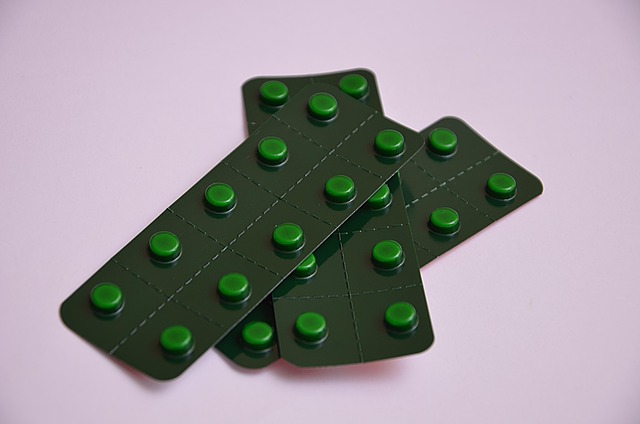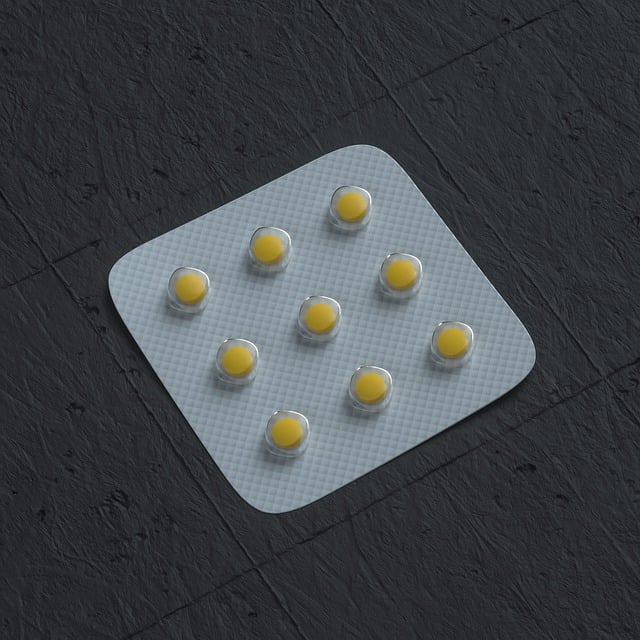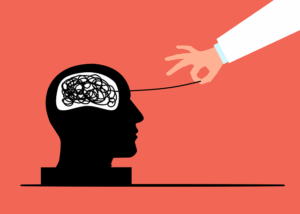Chronic anxiety significantly impacts daily life, causing physical symptoms and social withdrawal. Effective anxiety treatment involves cognitive behavioral therapy (CBT), mindfulness practices like meditation, exposure therapy, and lifestyle changes such as exercise, diet, sleep, and stress reduction. Medication, including antidepressants and anxiolytics, is also crucial for managing severe anxiety. Support groups and alternative therapies offer additional support, complementing traditional care with diverse tools to manage anxiety disorders holistically.
Chronic anxiety can significantly impact daily life, affecting millions worldwide. This article explores comprehensive therapy options to manage this pervasive condition. From understanding the symptoms and causes to discovering effective treatments like Cognitive Behavioral Therapy (CBT) and Mindfulness practices, we provide a guide to reclaiming control. We delve into exposure therapy, lifestyle adjustments, medication alternatives, and support groups, offering insights for a holistic approach to anxiety treatment.
Understanding Chronic Anxiety: Symptoms and Impact

Chronic anxiety is a persistent and recurring condition that significantly impacts an individual’s daily life. It involves prolonged feelings of worry, fear, or unease, often accompanied by physical symptoms such as increased heart rate, muscle tension, and difficulty sleeping. Unlike typical, short-lived anxiety responses to specific triggers, chronic anxiety has no clear initiating event and can persist for months or even years. This ongoing state of alarm can lead to a range of debilitating effects, including social withdrawal, reduced productivity at work or school, and strained relationships.
The impact of chronic anxiety extends beyond the individual, affecting various aspects of their life. It can result in avoidance behaviors, making it challenging to engage in everyday activities or pursue personal interests. The constant state of stress also takes a toll on overall health, potentially contributing to physical ailments like insomnia, headaches, and digestive issues. Recognizing the symptoms and understanding the extent of its influence are crucial steps towards effective anxiety treatment and regaining control over one’s life.
Common Approaches to Anxiety Treatment

Anxiety treatment involves a range of evidence-based approaches tailored to address specific needs. Cognitive Behavioral Therapy (CBT) is one of the most common methods, focusing on identifying and changing negative thought patterns and behaviors contributing to anxiety. It teaches individuals coping strategies to manage symptoms effectively.
Additionally, mindfulness practices such as meditation and deep breathing have gained prominence in anxiety treatment. These techniques encourage individuals to stay present and non-judgmentally aware of anxious thoughts and sensations, fostering a sense of calm. Other modalities include exposure therapy, which gradually exposes people to feared situations, helping them overcome anxiety over time.
Cognitive Behavioral Therapy (CBT): A Powerful Tool

Cognitive Behavioral Therapy (CBT) is widely recognized as an effective and powerful tool in the arsenal of anxiety treatment. This evidence-based approach focuses on identifying and modifying negative thought patterns, behaviors, and emotions that contribute to chronic anxiety. By helping individuals challenge and replace irrational thoughts with more realistic and balanced perspectives, CBT empowers them to manage their symptoms and lead more fulfilling lives.
The beauty of CBT lies in its ability to equip people with practical coping strategies they can use in various settings. Through structured sessions, individuals learn to recognize triggers, understand the connection between thoughts, feelings, and behaviors, and develop healthier responses. This process not only reduces anxiety in the short term but also provides long-lasting tools for maintaining mental well-being.
Mindfulness and Meditation Techniques for Management

Mindfulness and meditation have emerged as powerful tools in the arsenal against chronic anxiety. These techniques encourage individuals to focus on the present moment, observing their thoughts and feelings without judgment. By cultivating a non-reactive mindset, practitioners can disrupt the cycle of anxious rumination that often perpetuates symptoms.
One popular approach is mindfulness-based cognitive therapy (MBCT), which combines meditation practices with cognitive behavioral therapy principles. MBCT helps individuals become more aware of their triggers and responses, allowing them to develop healthier coping strategies. Regular meditation sessions have also been shown to reduce stress hormone levels and lower overall anxiety, making it an effective component in anxiety treatment plans.
Exposure Therapy: Facing Fears Head-On

Exposure therapy is a powerful tool in the arsenal of anxiety treatment, designed to help individuals confront and overcome their fears head-on. This approach involves gradually exposing the person to situations or objects they find anxious, in a controlled and safe environment. By repeatedly facing these fears, patients learn that their anticipated nightmares do not materialise, thus reducing their overall anxiety over time. The therapy is tailored to each individual’s specific triggers, whether it’s public speaking, heights, or specific phobias like spiders.
Through this process, individuals acquire coping strategies and realise that their feared outcomes are more imagined than real. Over weeks or months of consistent exposure, anxiety levels typically decrease, providing lasting benefits even outside the therapy room. It’s a direct and effective way to retrain the brain’s response to stressful situations, offering a practical solution for managing chronic anxiety.
Lifestyle Changes for Better Mental Health

Anxiety treatment isn’t just about medication or therapy sessions; lifestyle changes play a significant role in managing and alleviating chronic anxiety. Incorporating simple yet effective habits into your daily routine can significantly improve mental health. Regular exercise, for instance, releases endorphins that boost mood and reduce stress levels, making it an excellent tool in the fight against anxiety. Similarly, mindfulness practices such as meditation and deep breathing exercises help calm the mind and body, fostering a sense of peace and control over anxious thoughts.
Nutrition also plays a key role. A balanced diet rich in vitamins, minerals, and omega-3 fatty acids can positively impact brain health and overall well-being. Additionally, limiting caffeine and alcohol intake can reduce anxiety symptoms, as these substances can exacerbate feelings of nervousness and unease. Prioritizing quality sleep is another crucial lifestyle change; adequate rest allows the body and mind to recharge, making it easier to manage anxious emotions effectively.
Medication Options: Antidepressants and Anxiolytics

Medication plays a significant role in managing chronic anxiety, offering valuable support for those seeking effective anxiety treatment. Antidepressants and anxiolytics are two primary categories often prescribed by healthcare professionals. Antidepressants, such as Selective Serotonin Reuptake Inhibitors (SSRIs), work to balance brain chemicals that regulate mood and emotions, helping to reduce anxiety symptoms over time. These medications can be particularly effective for individuals with generalized anxiety disorder or social anxiety.
Anxiolytics, on the other hand, provide rapid relief from anxiety symptoms by enhancing the effects of certain neurotransmitters in the brain. They are typically used for short-term management during periods of heightened anxiety or panic attacks. While both types of medications have proven beneficial for many, it’s crucial to remember that they should be prescribed and monitored by a qualified healthcare provider to ensure safety and effectiveness in treating chronic anxiety.
Support Groups and Alternative Therapies

Support groups offer a unique and powerful tool in the journey towards managing chronic anxiety. Sharing experiences with peers facing similar challenges can create a sense of community and belonging, reducing feelings of isolation. These groups provide a safe space to openly discuss struggles, fears, and coping strategies, fostering understanding and empathy among members. Many individuals find solace in knowing they’re not alone in their battle against anxiety, which can be immensely encouraging for long-term recovery.
Alternative therapies, such as mindfulness meditation, yoga, and acupuncture, have gained recognition as complementary treatments for anxiety disorders. These non-traditional approaches focus on promoting relaxation, self-awareness, and overall well-being. For instance, mindfulness practices teach individuals to stay present, observe thoughts without judgment, and gradually reduce anxious responses. Yoga combines physical postures with breath control, helping to calm the mind and body. Similarly, acupuncture aims to restore balance in the body’s energy system, offering natural relief from anxiety symptoms. Integrating these alternative therapies into traditional treatment plans can provide diverse tools for managing chronic anxiety effectively.
